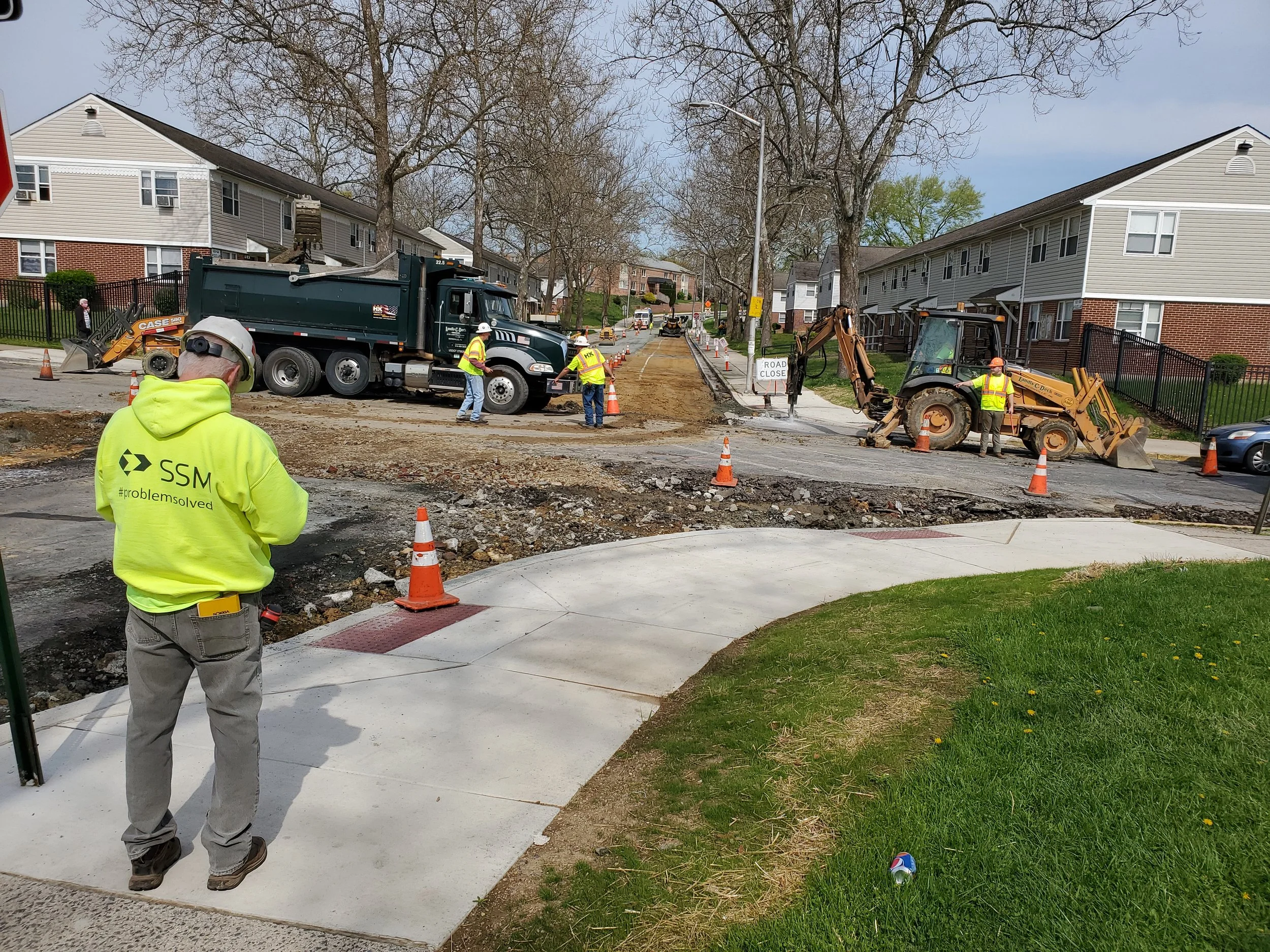Our work touches everyday life.
Spotts, Stevens and McCoy is a family-owned regional engineering, environmental, and surveying firm serving local and global clients. We engineer solutions for a better world. Our work touches everyday life; from the water you drink, to the air you breathe, to the buildings and communities where you live, work and play.
Everything we do begins with a challenge. A client's need or vision to make part of the world better: cleaner, safer, healthier, faster, smarter, closer, more modern, more efficient, or otherwise more useful. What's your challenge?
Overview: The PA Department of Community & Economic Develpment(DCED), through the Commonwealth Financing Authority (CFA), is now accepting applications for its Statewide Local Share Account (LSA) funded by gaming revenue under Act 71 to support projects in the public interest within the Commonwealth of PA.
The longest day of the year means more sunlight—and more power!
Find out how the summer solstice supercharges solar energy, why it’s the future of clean power, and how you can benefit today. Don’t miss the bright side of solar!
Rising electricity costs across the PJM region are creating financial pressure for commercial and municipal energy users, with a major price surge expected starting June 1, 2025. Understanding the drivers and preparing with smart energy strategies now is critical to managing future costs and avoiding budget shocks.
Microgrids are becoming increasingly more popular and important when it comes to supplying power.
Microgrids are local power grids that operate independently from the main (usually larger) power grid. They are integrated energy systems consisting of interconnected loads and distributed energy resources (DERs). They can operate as a singular entity or work in tandem with a grid, generating and storing their energy by way of renewable sources such as wind turbines, solar panels, batteries, and water.
With arc flashes being one of the most dangerous events in electrical systems, it’s important to know what you can do to prevent them from happening. The workplace is meant to be a safe environment. Arc flash assessments, which identify hazards and calculate risks, are the key to this safety. An arc flash assessment is conducted to determine the arc flash boundary. In turn, this boundary determines the PPE category needed to keep a worker safe when dealing with electrical hazards to reduce the risk of injury in case of an arc flash or shock. There are four categories of PPE. The farther from the electrical hazard you can be to sustain second-degree burns, the higher PPE category must be selected. The selected PPE must meet or exceed the potential incident energy level determined by the assessment.
A new round of funding for the PA Small Water and Sewer Program is open for applications through April 30, 2025, to assist with the construction, improvement, expansion, rehabilitation, or repair of water supply systems, sanitary sewer systems, and stormwater systems projects. The SSM team has acquired nearly $3,000,000 in the last few years in project funding from this exact loan distribution. We’re well-versed in assisting our clients with acquiring grant funds for their projects.
If you are a commercial building owner in the City of Philadelphia, you may be required to comply with a recent regulation called the Building Energy Performance Program (§9-3404Building Energy Performance Policy). This ordinance mandates that owners of buildings larger than 50,000 square feet complete a “Building Tune-Up” every five years. The deadline for compliance has passed. If you have not yet addressed this requirement, now is the time to act! Non-compliance may result in violation notices and monthly fines from the Department of Licenses and Inspections (L&I).
Celebrating Zero Emissions Day: a day focused on encouraging the reduction of the use of fossil fuels in daily life and promoting the use of renewable energy.















Discussion Topics:
What is Source Water Protection?
Where to find protection zone information
Concerns with potential contamination issues and follow-up information
Managing Risks
Resources for education of customers and residents